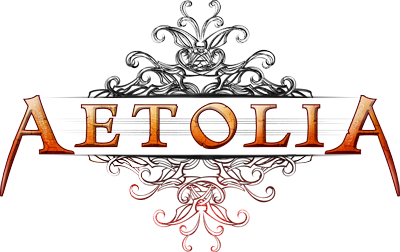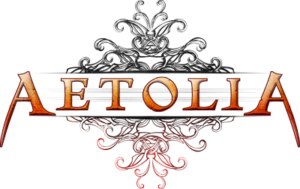13.17 Deceit
Some actions and abilities are deceitful in nature. When an ability is marked as deceitful, you will need to make an unseen roll against your target to ensure that your action goes unnoticed. The main part of the roll is influenced by three modifiers: a) The total skill points of your skillset the ability is in. b) The total skill points of your opponent's Vision skillset. c) The difficulty modifier, usually listed in the ability help file. In most cases, if you have the same amount of skill points as your opponent, then the action will be successful. However if your opponent has a higher skill point value then you, then the action is more likely to fail. The opposite is true for actions that require true guile, giving you a better chance of success if you have the more skill points. The difficulty modifier is last part of the roll, and perhaps the most important. If both players have the same skillrank between their two skills, which can be fairly likely, then your chance of failure is equal to the difficulty modifier. If there is no obviously attached skillset to the skill you are using, then your roll will be influenced by your level. Possessing level 100 is considered the same as a fully Transcended skillset. The opponent will always roll based on their Vision skillset. Lastly, there are abilities in Vision that can grant your opponent better detection odds, as well as class skills. It is prudent to ensure that you know all you can about your opponent's perception before attempting to perform an act of deceit.

